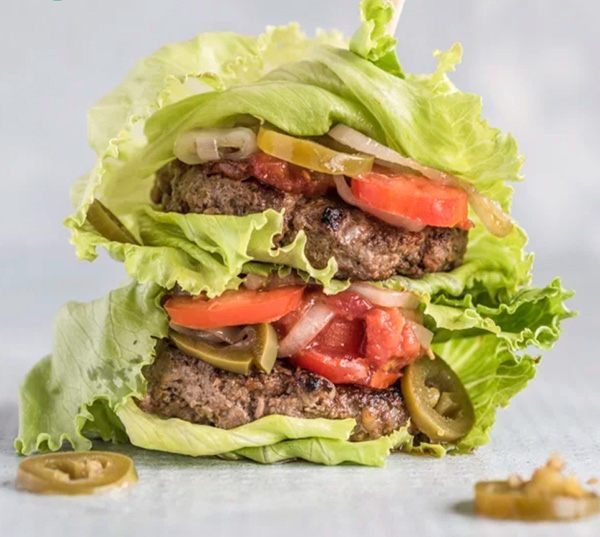Too Keto or not to Keto?
By Nancy Adler

Though not a new diet, the ketogenic diet has in recent months become more and more popular as a means for prompting weight loss. The ketogenic diet has been used for many years, mostly in clinical settings like hospitals, as part of the treatment protocol for children and adults suffering from epilepsy.
The ketogenic diet is extremely strict and requires following specific guidelines of about 25 to 35 grams of net carbohydrates (total carbs minus fiber) daily, about the equivalent of one apple. The rest of a ketogenic person’s diet is comprised of 5 percent or so protein and then fat for the remaining 70 to 80 percent of the calories.
The purpose of the ketogenic diet is to switch our bodies from using carbohydrates for fuel to burning ketones instead. When the body is starved of carbohydrates, fat is broken down and ketones are formed by the liver and then burned for energy instead of glucose. When followed strictly, the excess ketones that our bodies make can be measured in the urine; strict followers of the diet will sometimes check their urine to ensure they find ketones. While there’s reasonable evidence to support the use of the ketogenic diet for clinical purposes as mentioned above, the use of the ketogenic diet for people just looking to optimize their diet and lose weight is a bit more controversial.
Insulin is a key hormone that helps move glucose from the bloodstream to the muscles and tissues. Higher levels of circulating insulin have been linked to increased inflammation (a bad thing for many reasons), and the ketogenic diet may help to reduce insulin levels and thereby help to potentially reduce inflammation in the body.
The keto diets may be quite difficult for some . I do not believe It’s realistic long term . It’s really difficult even for an expert like me to live my life and follow a plan that’s 70 to 80 percent fat, 10 percent carb, and 15 percent protein, as every single meal (for the most part) has to be planned and calculated. For most people this will be the hardest part. Planning is vital for any weight program to be successful.
While the upside of this plan is the increased fat intake, the downside is that many people actually end up eating a lot of highly saturated animal fats. Though the carbohydrates are out of the equation, making the fats potentially less dangerous, these types of fats aren’t health-promoting. In addition, many people aren’t purchasing organic and/or grass-fed animal products, so quality of food can be an issue as well. Bottom line: if you’re using a lot of animal-based foods for fats and proteins, try to make them organic and well-sourced whenever possible.
Though there is some weight loss for many (and even significant amounts for others), many people don’t lose as much as they would like to (perhaps because it’s so hard to strictly adhere to it).
Though this diet can be high in heart-healthy fats (depending on the ones you choose), it’s often low in fiber. It can also be lower in plant-based healthy nutrients, as many foods that contain fiber also contain more carbs than permitted on this type of plan.
In the end the balance and structure of proper nutrition wins the race. “ Diets” come and go. Elimination of foods that are important for the growth of mind and body just wont cut it for the long haul.
Nancy Adler is a certified nutritionist and practitioner in Linwood. Her office is located in Cornerstone Commerce Center, 1201 New Rd. Learn about her practice at ww.nancyadlernutrition.com (609)653-4900
You may listen to Nancy every Sunday at 2 pm Nancy Adler Nutrition LIVE! NewsTalk 1400 WOND





